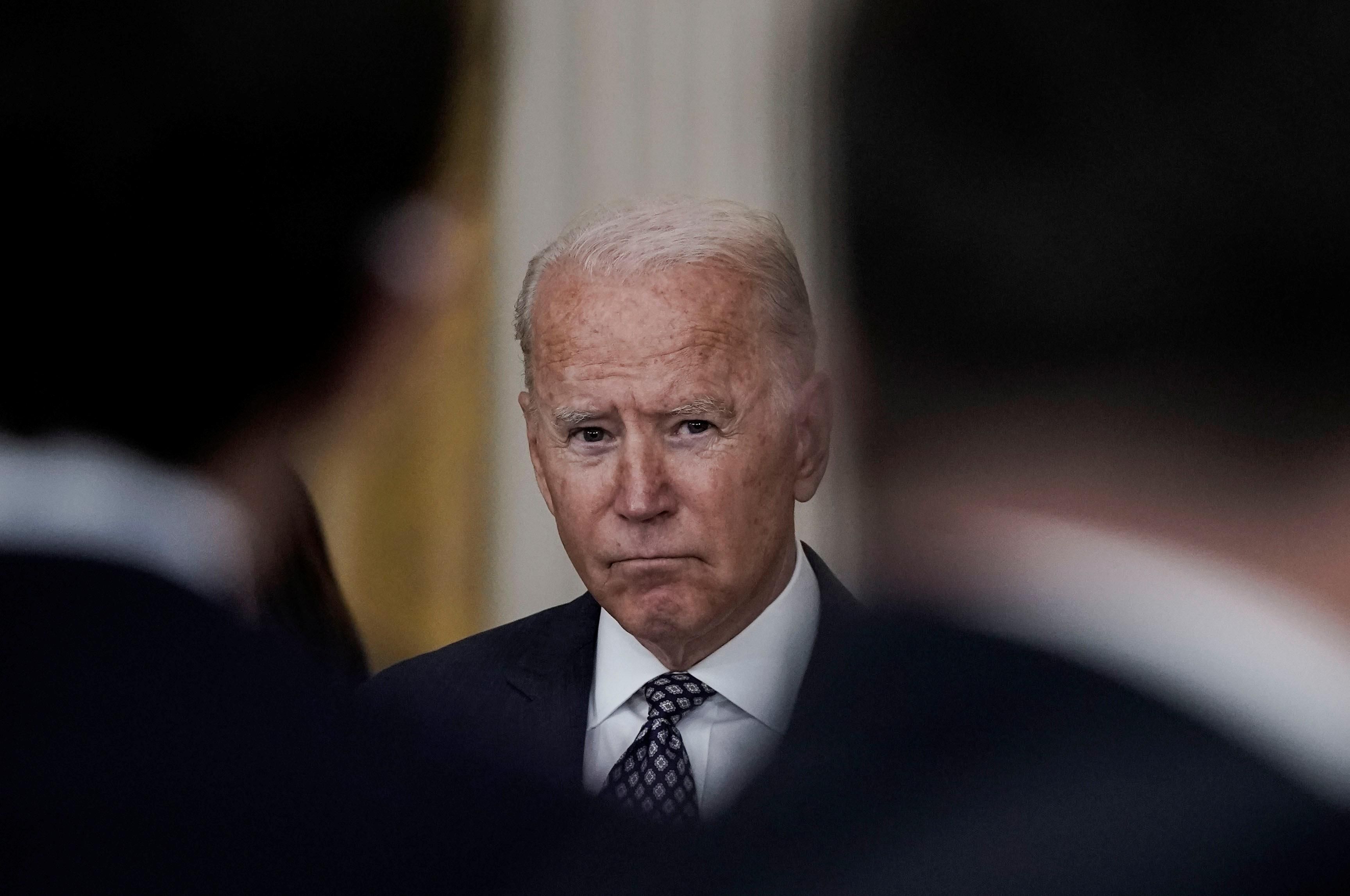There is good political news ahead for Joe Biden. The trouble is that, for the embattled US president, bad news never seems far behind.
For example…
Good news: His party’s lawmakers look set to score some major legislative victories. On Tuesday, the US Senate passed a $280 billion package of subsidies and research funding to bolster US competitiveness in semiconductors and other advanced technology, with significant Republican support. In coming weeks, Democratic majorities in Congress are also expected to pass the first big prescription drug legislation in a generation, which is expected to lower the cost of prescription medication, and to enshrine the right to same-sex and inter-racial marriage into federal law, a highly popular step with Democratic voters.
Bad news: Unless Democrats get much better at selling their accomplishments, the political benefits of these achievements will be meager. Eight months ago, Democrats passed an historic and highly popular infrastructure bill that will invest $550 billion to upgrade the nation’s roads, bridges, railways and broadband – and just 24% of Americans are aware that it happened, according to a recent poll.
Of more immediate concern for the White House, the Federal Reserve’s decision on Wednesday to again hike interest rates and an anticpiated report that may provide evidence the US has entered a recession will together dominate this week’s national news.
Good news: Biden’s health is improving. With help from the drug Paxlovid, his faithful dog Commander, and a stack of books about Ireland, President Biden appears to have weathered COVID-19. He tested negative on Wednesday.
Bad news: The president whom voters hoped would guide Americans out of the COVID-19 crisis must now decide whether to declare a national Monkeypox emergency. This illness poses nothing like the dangers associated with COVID, but its presence feeds the perception that the US remains trapped in crisis mode.
Good news: Despite President Biden’s abysmal approval ratings, his party now looks to have close to an even chance of keeping control of the Senate after November’s midterm elections. Democratic Senate candidates in the most competitive states are running well ahead of Biden’s numbers, and Republican candidates like J.D. Vance (Ohio) and HerschelWalker (Georgia) are floundering.
Bad news: The odds that Democrats can keep their majority in the House are a lot longer. So long, in fact, that Nancy Pelosi, the most powerful Democrat in Congress, appears to be looking more to her political legacy than her chances of remaining House speaker. A Republican majority will put the brakes on any major Biden administration legislative proposal and will likely launch a series of investigations into the president’s real and perceived failures.
On Thursday, President Biden is scheduled to speak by phone with China’s President Xi Jinping. What will Biden say when Xi asks why Pelosi still appears intent on keeping a pledge to visit Taiwan despite heated objections from China and public pressure to cancel from the Biden administration? Pelosi’s trip has not been formally announced and might still be canceled, but political damage to Biden’s credibility has already been done.
Good news: The one Republican that polls say Biden might beat in 2024, Donald Trump, seems intent on running for president and still ignites the enthusiasm of many Republicans. That’s especially good news for Biden since a recent poll found that 79% of Americans surveyed say Trump acted either unethically or illegally during the January 6 Capitol riot, and 69% say the attack threatened American democracy.
Bad news: Biden might not get that far. Another new poll found that 75% of Democratic and Democratic-leaning voters want the Democratic Party to nominate a 2024 presidential candidate who is not named Joe Biden.
In short, Biden continues to struggle. The president can still catch a break, but the breaks he’s already caught haven’t done him much good.
